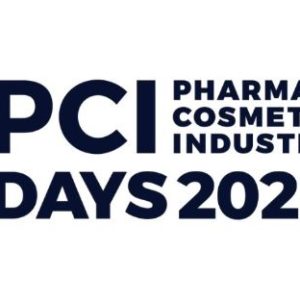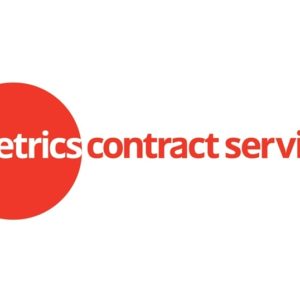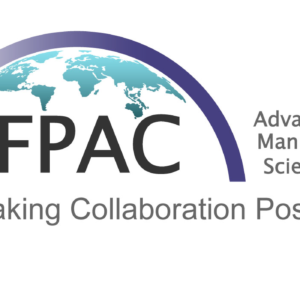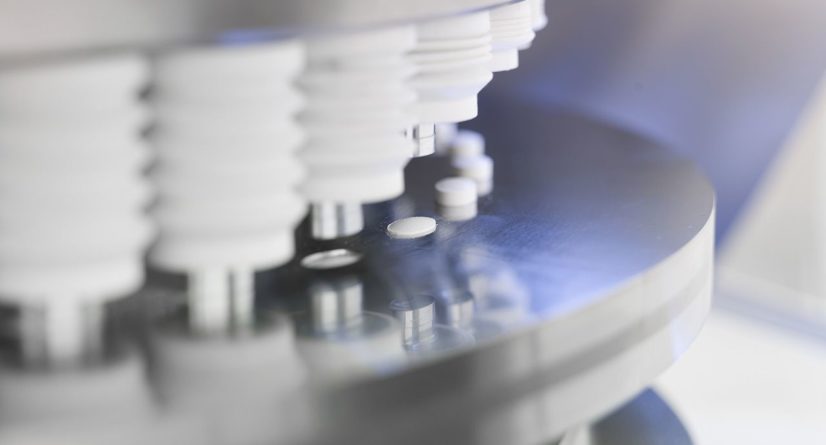 Exhibition | PCI Days - Warsaw, Poland - 22-23 June 2022
Exhibition | PCI Days - Warsaw, Poland - 22-23 June 2022
Come visit us during the Pharmaceutical and Cosmetic Industry…
 Tackling OSD development challenges with CUB-X
Tackling OSD development challenges with CUB-X
A Next-Generation approach to Quality Control in drug product…
 Another Success Story with Metrics Contract Services US
Another Success Story with Metrics Contract Services US
Metrics Contract Services, a full-service global contract development and…
 New project industrial building
New project industrial building
Planning of the project June 2016 – November 2018…
 What is Crucial in the Success of Automatic Visual Inspection?
What is Crucial in the Success of Automatic Visual Inspection?
The Benefits of Automated Visual Inspection over Manual Inspection…
 February 28th - March 5th - Join us at IFPAC-2021 that is going to be digital!
February 28th - March 5th - Join us at IFPAC-2021 that is going to be digital!
IFPAC - 2021 will be held February 28 -…

External lubrication has proven to significantly improve the powder compression process by continually spraying lubricant onto the crucial tablet press tools in contact with the product, resulting in an enhanced final product quality. It was reported that external lubrication resulted in a 40% increase in tablet tensile strength without prolonged disintegration compared to internal lubrication (Yamamura et al., 2009). It allows to run under the best production conditions: continuously and at high speed, without process defects such as sticking or capping.
However, for the lubrication process to be effective and non-invasive, the spraying system must have a constant flow of powder that lubricates only the necessary surfaces. Otherwise, the lubrication system will have a counter-productive effect, as lubricant build-up in the press can lead to other processes, and even quality, issues. Not only does the build-up lead to frequent production downtimes to clean the press, but there is also an acute risk of carry-over with the lubricant ending up in the recirculation channel and returning to the feeder. If this occurs, the manufacturer is at risk of deviations in the physical parameters of the tablets, such as weight and dosage. These inconsistencies can result in a product that fails to meet the strict regulatory standards of the pharmaceutical industry, potentially leading to batch rejections and significant financial losses.
To still benefit from the advantages of external lubrication, while countering its potential adverse effects, it is essential to spray the lubricant accurately and consistently while preventing lubricant deposit inside the tablet press. In this regard, a lubrication solution that integrates its own vacuum system offers a valuable asset over other systems that have to rely on an external vacuum system. A high under-pressure vacuum with a low-pressure sensor provides better monitoring of the airflow, allowing to reach the perfect balance between lubricant spraying and excess vacuuming.
Excess lubricant is directly vacuumed next to the nozzle, allowing consistent amounts of lubricant to be applied on tableting tools throughout a lengthy batch and from one batch to another. Tests confirmed that the amount of lubricant vacuumed back into the iSpray is higher than 90% – even better with low spray rates (Pharma Technology, White Paper). With the current industry trend towards larger batches and continuous manufacturing, the ability for the tablet press to run continuously and at high speed, for multiple weeks without major intervention, is key to remaining competitive in the market.
Yamamura, T., Ohta, T., Taira, T., Ogawa, Y., Sakai, Y., Moribe, K., Yamamoto, K., 2009. Effects of automated external lubrication on tablet properties and the stability of eprazinone hydrochloride. Int. J. Pharm. https://doi.org/10.1016/j.ijpharm.2008.11.007
Get access to the whitepaper by filling out the form below